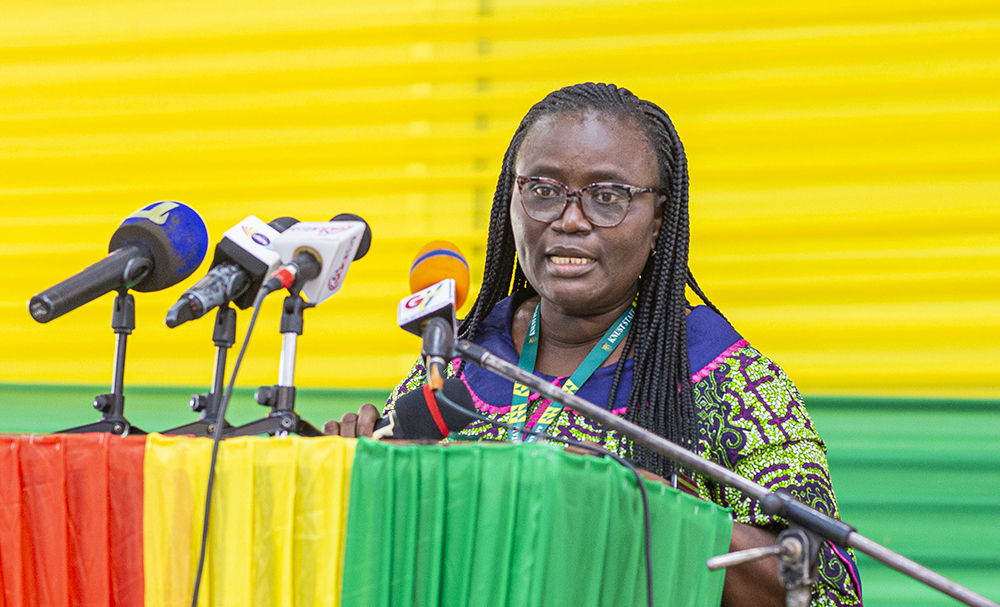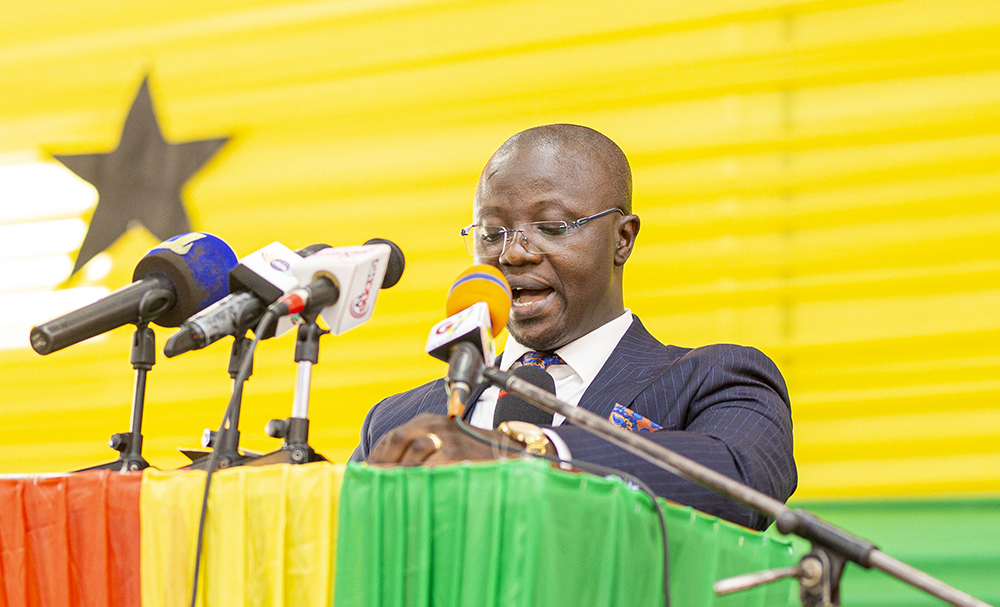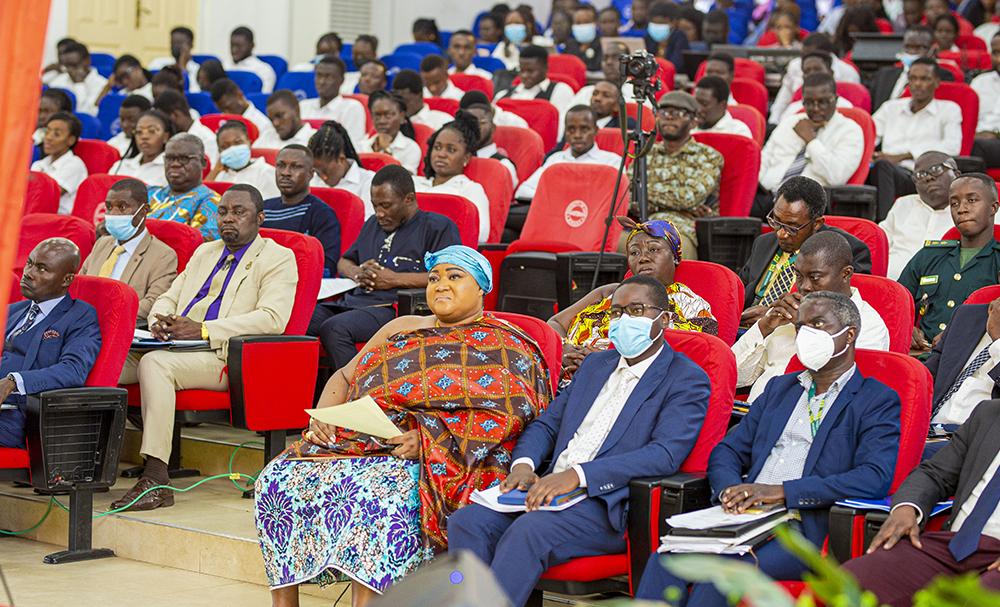The Faculty of Law of the Kwame Nkrumah University of Science and Technology (KNUST), in collaboration with the Ministry of Works and Housing, has organised a colloquium for key stakeholders to deliberate on all aspects of the likely effects of the Rent Bill 2022 and Ghana Housing Authority Bill 2022.
The Vice-Chancellor of KNUST and Chairperson for the colloquium, Professor (Mrs.) Rita Akosua Dickson mentioned that housing is an important component of the 2030 Agenda for Sustainable Development, and an essential driver for achieving many of the Sustainable Development Goals. To this end, she said, adequate and affordable housing can create economic opportunities and lead to the development of several sectors of the economy including education.

Professor Dickson added that the Government has shown commitment to working with key stakeholders to implement a National Housing Policy with the intervening laws on the Rent and the Housing Authority Bills 2022. ‘In the current scheme of things, the increasing housing delivery deficit in Ghana is due to the high population growth rate, urbanisation and inadequate supply of housing units to meet the growing demand,’ she explained.
The Vice-Chancellor, therefore noted that, the event was timely as it will open avenues to set out key priorities, develop concrete plan of action and practical approach to delivering on key housing targets based on detailed international comparative analysis.
She was optimistic that the opinions from the panelist and feedback from stakeholders during the deliberations would help present a balanced consideration on the two bills.

Hon. Francis Asenso-Boakye, the Minister for Works and Housing, recalled his first discussion with the Vice-Chancellor on how the Ministry could effectively collaborate with KNUST towards building a robust and sustainable Built Environment. ‘Thankfully, this collaboration has begun to manifest in the review of the Rent Act, 1963 (Act 220), as well as the Bill for the establishment of the Ghana Housing Authority.’ He stated that the importance of housing to individuals cannot be over-emphasised, as to many, it is more than just having a place to live and rest. Thus, having a place to live is a basic human right, which allows individuals to live a happy and fulfilling life.
The Minister condemned the challenges citizens face having to pay two years rent advance before given accommodation. In view of that, he reiterated Government's commitment in establishing the National Rental Assistance Scheme which seeks to provide low interest loans to qualified applicants to enable them pay rent advance.

In his remarks, the Dean of the Faculty of Law, Dr. Ernest Owusu-Dapaa, recalled that the Faculty, established in 2003 with 57 pioneer students and 12 academic staff has grown its enrolment and currently has about 1000 students pursuing either Bachelor of Laws (LLB), Master of Laws (LLM) or Doctor of Philosophy (PhD). To this end, he added that ‘We are seeking to position the Faculty of Law as the leading international science and technology oriented legal education provider in Africa and beyond. Central to this vision is our intention to enhance effective teaching and learning environment and excellent research particularly interdisciplinary collaboration.’
Dr. Owusu-Dapaa seized the opportunity to solicit for the construction of the 2nd Phase of the Faculty of Law buildings to create more room for the teeming number of students, lecturers, and moot court activities.
A round-table panel discussion was held to discuss the ‘Philosophy, Policy and the Constitutional Context of the Bills; Specific Clauses of the Draft Rent Bill 2022 and Ghana Housing Authority Bill 2022’.

